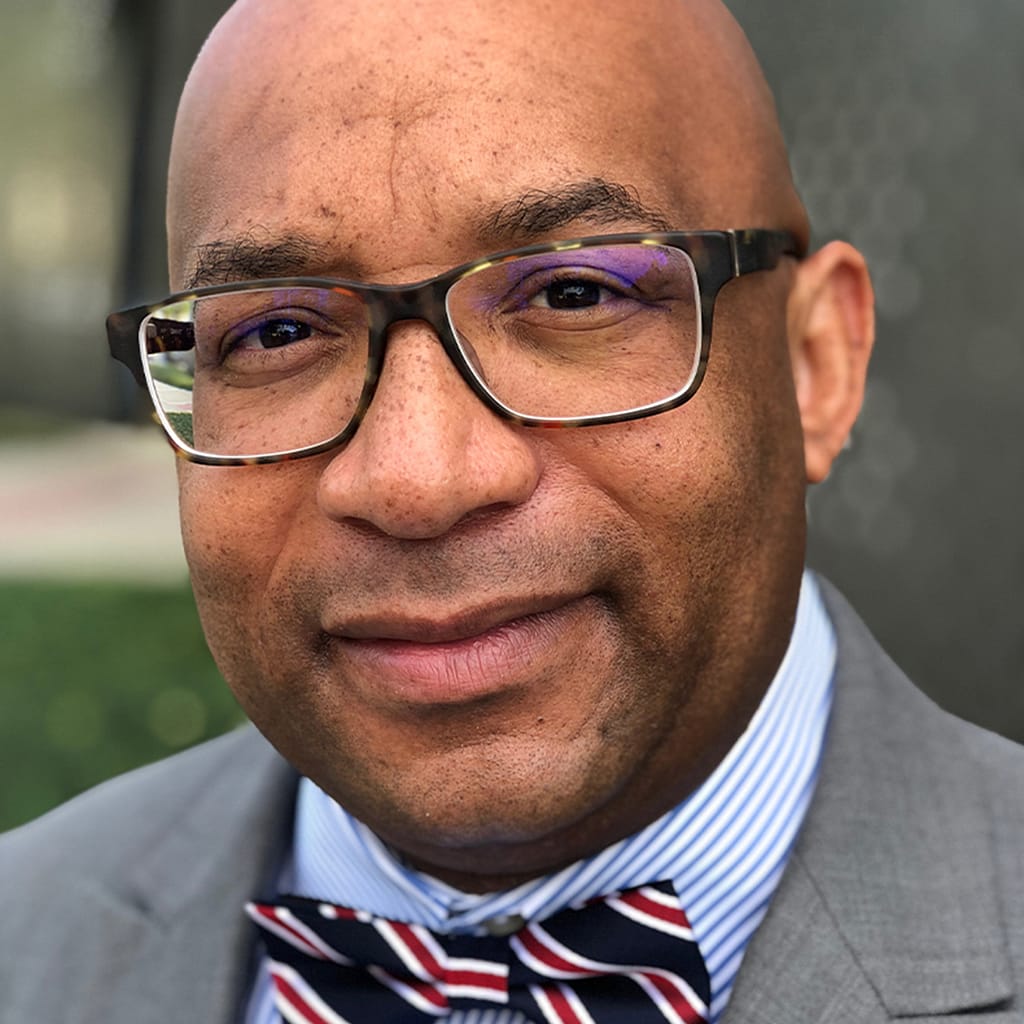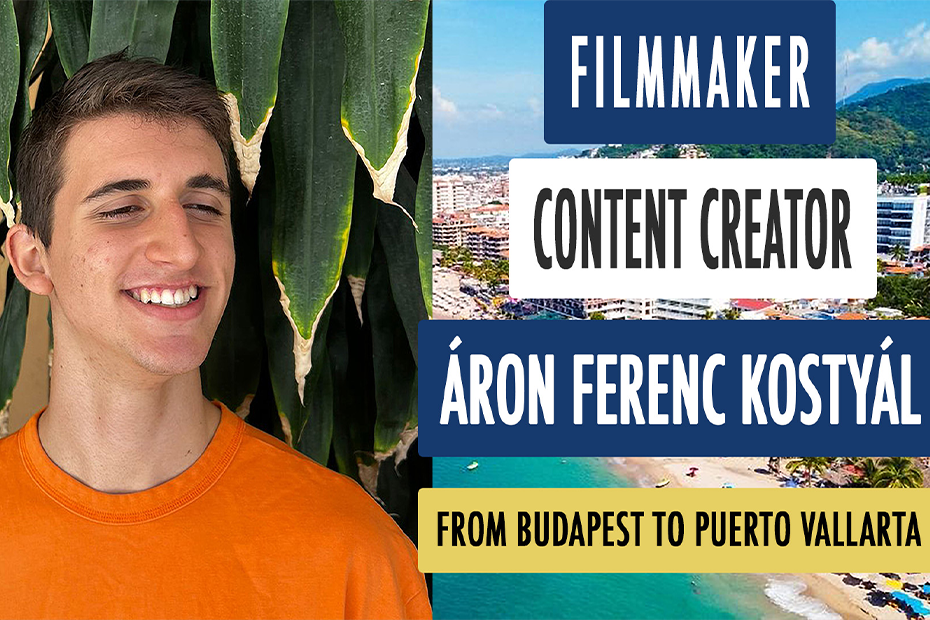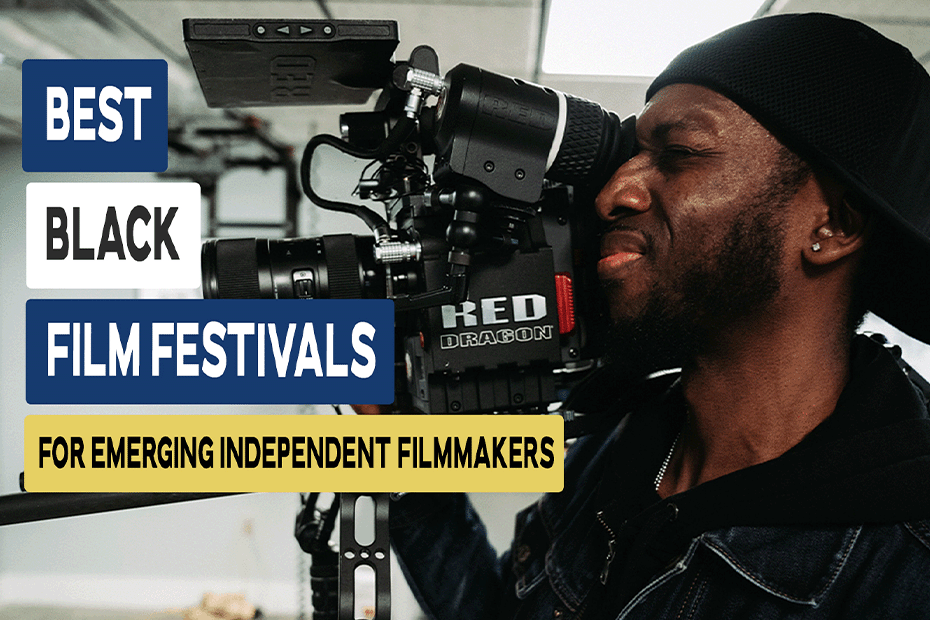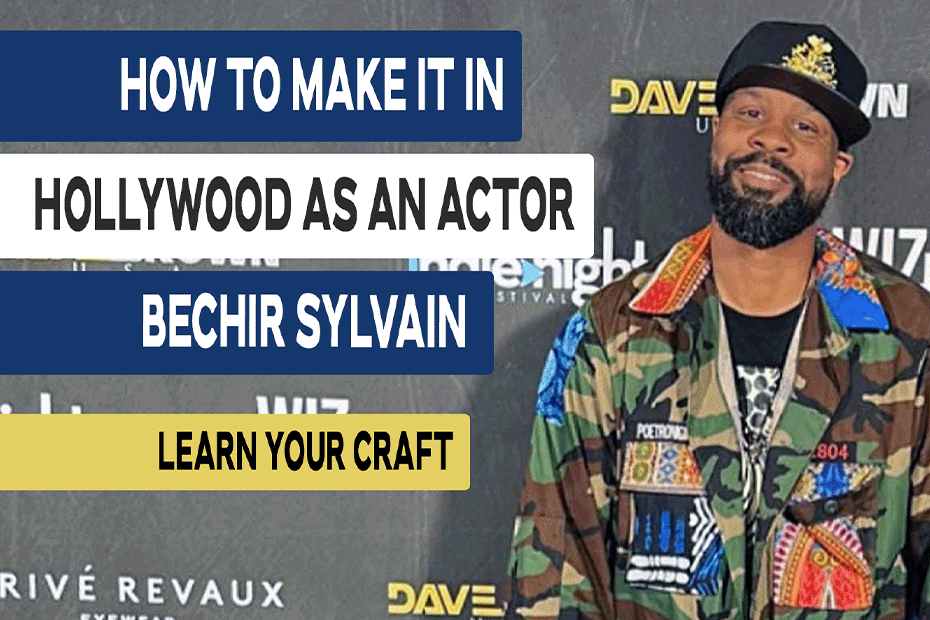🎙️ On this episode, we speak with international and domestic multi-award-winner filmmaker and digital media scholar, yours truly, Dr. Christopher C. Odom, MFA, PhD, about my recent documentary short film, “Justice for George Floyd: The Tipping Point?”
Submit your film now to the next Our Vision Caribbean and Latino Film Festival which takes place on April 19, 2025 to share your work, reach your audience, and turn your dreams into reality.

About Dr. Christopher C. Odom, MFA, PhD 🎬
Dr. Christopher C. Odom earned his PhD in Texts and Technology, Digital Media at the University of Central Florida; his MFA in Film and Television from the University of California, Los Angeles; and his BA in Film and Video Production from Georgia State University. Throughout Dr. Odom’s 30-year career in the entertainment industry, as a filmmaker, Dr. Odom has produced, directed, written, shot, and/or edited +500 short and longform creative projects. In addition, for over a decade as a Course Director at Full Sail University, Dr. Odom has supervised and developed an additional +500 student short scripts and films.
A published author and domestic and international award-winning filmmaker and voiceover talent, Dr. Odom’s work has appeared in major cities worldwide, including Cannes, Berlin, Tel Aviv, New York, and Los Angeles. A former story analyst for Creative Artists Agency and a member of the Writers Guild of America Independent Writer’s Caucus, Dr. Odom’s directing, producing, writing, cinematography, editing, and on-camera credits include feature films with international distribution through Entertainment One, promos and trailers for the nationally televised ITVS-produced PBS series Independent Lens, and aviation news stories for Airborne-Unlimited on the Aero-News Network.
Dr. Odom currently serves as Chief Executive Officer of the Our Vision Caribbean and Latino Film Festival; Vice President of Communications, Publicity, and Brand Strategy for EJO Ventures, and a Course Director for the Digital Cinematography Bachelor of Science Program (DCBS) at Full Sail University. Dr. Odom recently finished his short documentary film “Justice for George Floyd: The Tipping Point?” about the visual imagery emerging on social media from the Justice for George Floyd Protests, as a social movement. He is currently in postproduction on the feature documentary version of the same film. Learn more about Dr. Odom’s background on LinkedIn.

About Dr. “Justice for George Floyd: The Tipping Point?” 🎬
An impassioned, skeptical visual culture researcher witnesses the Justice for George Floyd movement surge during the middle of a global pandemic and must overcome generational, entrenched cultural biases to uncover why global citizens took the streets to demand Justice for George Floyd and to document concrete social media digital activism rhetorical strategies for social justice and social change by interviewing activists, academics, and artists toiling in the trenches for cultural progress.
JUSTICE FOR GEORGE FLOYD: THE TIPPING POINT? is a documentary short film that explores the power of visual imagery and narrative, both online and in the real world, within social movements. The documentary was produced in partial fulfillment of my hybrid dissertation for a PhD in Texts and Technology, Digital Media from the University of Central Florida. The hybrid dissertation was an expanded version of the same topic which was comprised of a 62,000-word traditional written document, 3 code-based interactive generative scholarship artistic works, and a documentary short film.
Why study visuality and narrative?
In the academic world, there’s a distinction between what has been labeled hard and soft science. Hard science is based upon easily measured numbers and statistical data. Soft science refers to things that are not easily measured such as art and the humanities. However, it’s a false assumption that because something is easily measured that it also must have the most profound impact. In terms of social media, although a graphic might lead to 10 people clicking a like button, the video of a digital lynching might also light the spark to ignite a global social movement and cultural revolution.
So why did I decide to make a documentary as part of my dissertation?
In making the argument for why visuality matters, there is no better way to explore and communicate the power of visuality and narrative than to utilize visuality and narrative as a tool of its own exploration. The Justice for George Floyd Protests, as a social movement, marked a pivotal landmark in global culture for a demand for social justice and social change, particularly as it pertains to the systemic injustices routinely inflicted upon people of color and marginalized groups.
Learn more about film and recent screenings, events, and updates at JusticeFilm2024.com.


